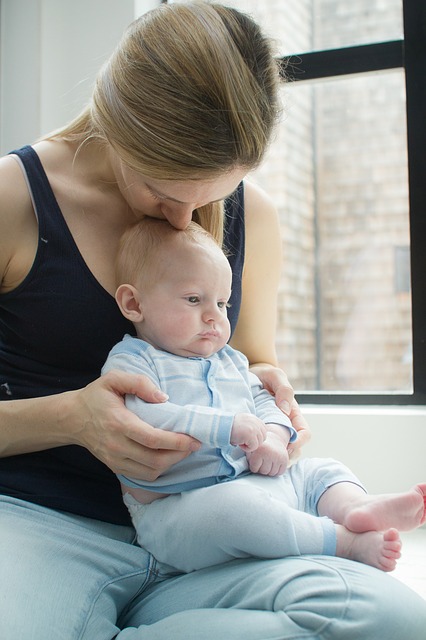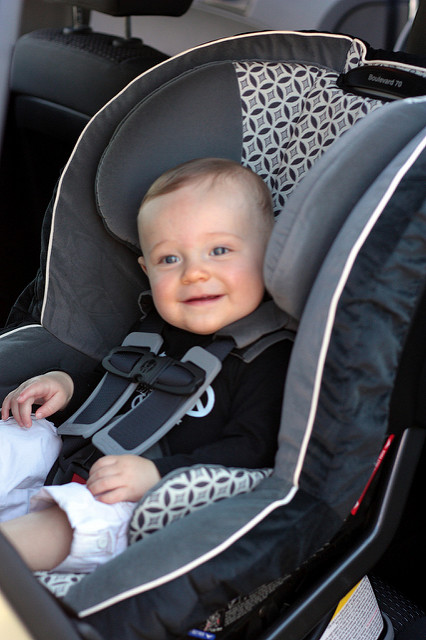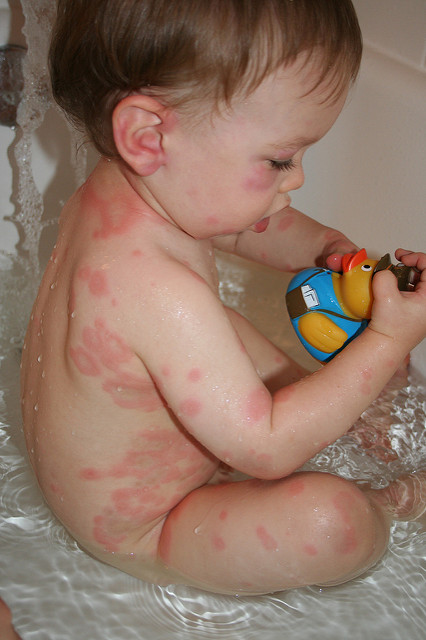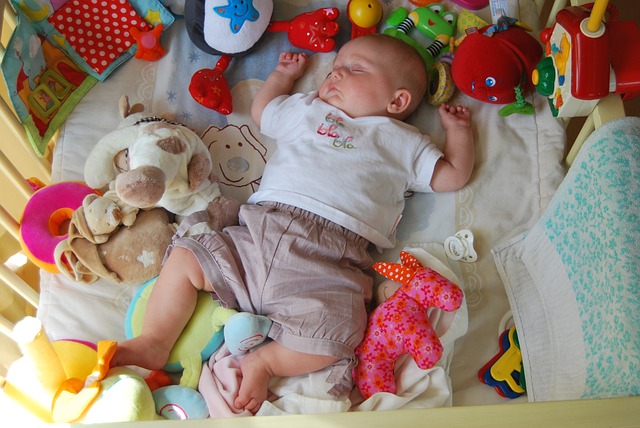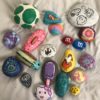When you came home with your newborn baby, you had mixed emotions, and most likely your anxiety levels have never been higher. Even though you might have a great husband or boyfriend and both sides of the family who are more than willing to pitch in, you’re still probably full of a lot of self-doubts. All new moms ask themselves, will they be a good mother and provide and take care of their new baby as well as they hope. You are embarking on a lifelong journey, and essentially, another person’s life is in your hands every sleeping and waking hour from now on. Human beings may have conquered the world, but when children are young, they’re immune systems are building up to full strength but for the meantime, they will be vulnerable to bacterial infections, insects bites, hot and cold temperatures, and dust will impede their lungs from breathing. Countless new mothers have gone through trials and tribulations, so don’t worry, there’s a massive amount of information that’s been collected through experience, to help you on your journey.
Handling your baby
Newborn babies are especially fragile and require extra care and attention to detail. If you’ve been cooking dinner or priming something in the garden, or even petting the dog, remember to wash your hands with hand sanitizer to kill the germs that might infect the baby. If germs enter through the eyes, nose, mouth, ears or even a slight cut or abrasion to the skin, they are susceptible to infection, so make sure everyone who goes near and touches your newborn is thoroughly clean.
Be wary of your child’s neck and head, because newborns don’t have the muscle dexterity to keep their head up of their own accord. This is vital because if the head is leaning forward, this puts pressure on the windpipe and could harm the baby’s ability to breathe. Also, when you are carrying the baby, if their head is leaning in any direction, you might hit the head off a wall or door frame. Even if you’re talking on the phone, keep both hands supporting the child and sit down and talk if you need to, the baby isn’t as stable as a bag of flour and need constant corrections to keep it safe.
Image source – Sean Freese
Buying safety equipment
Your baby is soft and very eggshell-like, therefore, it’s best to think of it that way. Treat you baby with the same delicacy you would like a egg, and keep it supported, cushioned and encapsulated at all times. Do the baby shopping before your baby bump gets too big for you to travel long distances. Buy him or her clothing for the winter and cold nights to stop your baby from freezing or having breathing problems. On days out, the cold air sends chills to their chest, so buy a coat out of wool or cotton for the best insulation. Buy a hat, mittens and little warm snuggly baby shoes that will keep the feet warm. Around 80% of body heat is lost from the extremities such as the head, hands, and feet, so bear that in mind.
Child car seats are a must, and traveling without one is severe malpractice, which is punishable by the law should your baby be hurt in an accident without proper restraints. Take measurements of your newborn, from head to toe and buy a seat properly sized with padding around the cheekbones, neck, shoulders, lumbar spine and at the back of the legs. The design should secure the baby into the seat like a driver is fitted into a racing car; snug but not too tight, and supporting the head, neck, and spine in case of impact. The same doctrine must be applied when you’re buying a carrier or stroller. You can give your opinion on the baby equipment you buy to help other new moms in the same boat as you, and be paid for your knowledge with such online companies like SurveysSay.
Credit – JingleJammer
Newborns commonly have skin irritation
Dry skin is the norm for newborns because the tissue that secretes natural oils is still being developed and growing every day. Initially, your baby may have silky smooth and supple skin, but this will change as they start to live a normal human life, such as putting on clothes, bathing, sleeping in a cot, wearing hats, being exposed to the elements, etc. Bathing is actually detrimental to dry skin because the soap and water washes away the natural oils while at the same time, opening up the pores. The skin may become so dry, it starts to flake and peel, and little bumps and diaper rash may set in. Within a few short weeks, your baby might develop baby acne, and their life will become incredibly uncomfortable, which leads to more crying and less sleep. Consult a doctor, and they will prescribe ointments to several skin conditions. Apply ointments twice a day, once after the morning bathes, and a light layer just before dinner time.
Photo source – Ben_Kerckx
Ways to lessen the chance of cot death
Cot death isn’t fully understood is medically referred to as sudden infant death syndrome (SIDS). It’s a term used to describe a sudden fatality of a baby while in their sleep with no probable cause or reason found. The common age range for this occurs in newborns less than four months old, and since the early 1990s, there have been methods made to reduce the risk. The best way for your baby to sleep in the cot is to place it on its back. Don’t use a duvet, but layers of sheets and blankets so the baby can move freely while still being insulated. Only cover the baby up to the shoulders and no more, leave the neck totally free of any coverage. The feet just touching the cot is the best place to lay the child down. Consider a dummy or a dangling set of toys to calm your baby down and slow down their cognitive functions to aid in sleeping. Until you child is one year old, place the cot right next to your bed to keep an eye on them. If your child is kicking in their sleep, refrain from picking them up because this will expose them to rapid temperature change, causing more discomfort.

